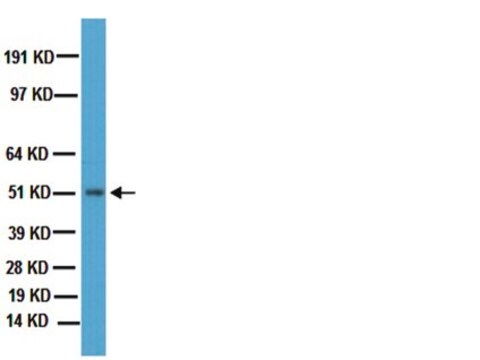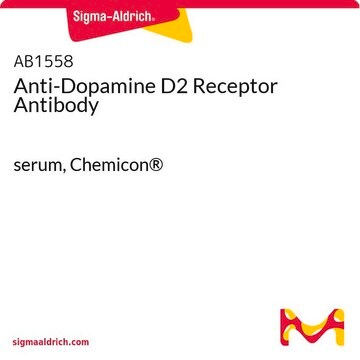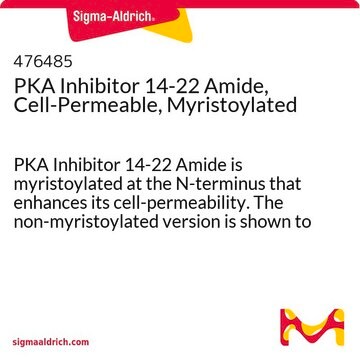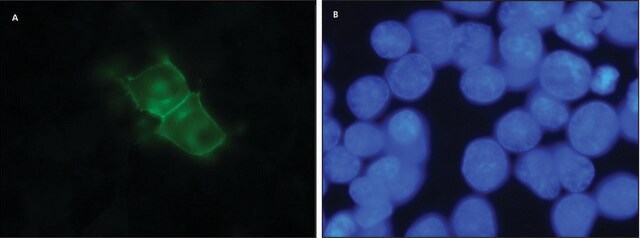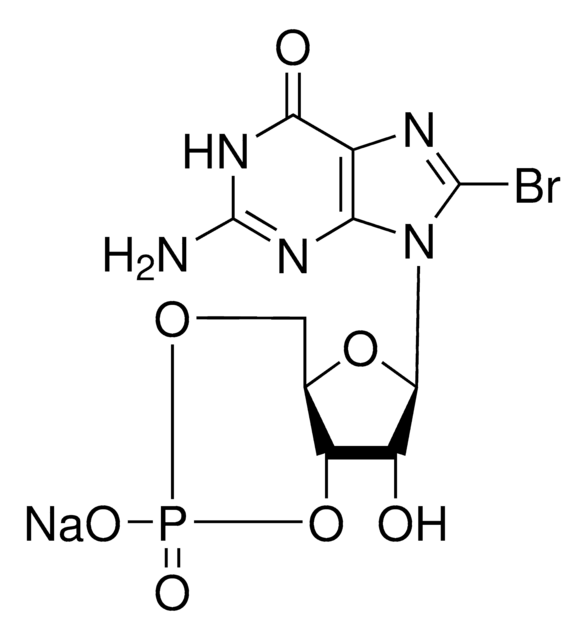AG221
Dopamine D2 Receptor Peptide
control for AB5084P, liquid
About This Item
Recommended Products
Product Name
Dopamine D2 Receptor, control peptide for AB5084P,
biological source
human
Quality Level
form
liquid
manufacturer/tradename
Chemicon®
concentration
1 mg/mL
technique(s)
cell based assay: suitable
NCBI accession no.
UniProt accession no.
shipped in
dry ice
General description
Application
Optimal working dilution must be determined by the end user.
Neuroscience
Neurotransmitters & Receptors
Physical form
Storage and Stability
Legal Information
Disclaimer
Storage Class Code
12 - Non Combustible Liquids
WGK
WGK 2
Flash Point(F)
Not applicable
Flash Point(C)
Not applicable
Regulatory Listings
Regulatory Listings are mainly provided for chemical products. Only limited information can be provided here for non-chemical products. No entry means none of the components are listed. It is the user’s obligation to ensure the safe and legal use of the product.
JAN Code
AG221:
Certificates of Analysis (COA)
Search for Certificates of Analysis (COA) by entering the products Lot/Batch Number. Lot and Batch Numbers can be found on a product’s label following the words ‘Lot’ or ‘Batch’.
Already Own This Product?
Find documentation for the products that you have recently purchased in the Document Library.
Our team of scientists has experience in all areas of research including Life Science, Material Science, Chemical Synthesis, Chromatography, Analytical and many others.
Contact Technical Service